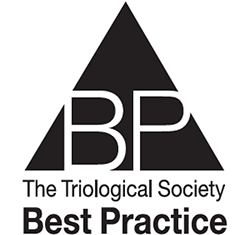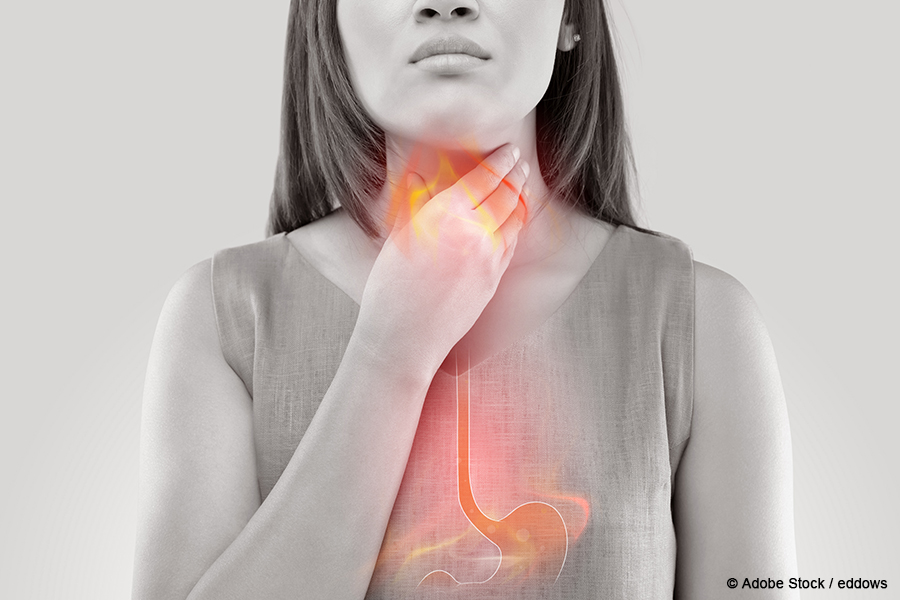 TRIO Best Practice articles are brief, structured reviews designed to provide the busy clinician with a handy outline and reference for day-to-day clinical decision making. The ENTtoday summaries below include the Background and Best Practice sections of the original article. To view the complete Laryngoscope articles free of charge, visit Laryngoscope.com.
TRIO Best Practice articles are brief, structured reviews designed to provide the busy clinician with a handy outline and reference for day-to-day clinical decision making. The ENTtoday summaries below include the Background and Best Practice sections of the original article. To view the complete Laryngoscope articles free of charge, visit Laryngoscope.com.
Explore This Issue
December 2023 BACKGROUND
BACKGROUND
Laryngopharyngeal reflux (LPR) often presents with hoarseness, globus, throat clearing or cough, but not typical symptoms of gastroesophageal reflux disease (GERD). Classic symptoms and laryngeal edema and erythema are sensitive but not highly specific to LPR, which prompts many clinicians to make the diagnosis based on response to empiric treatment. The challenge arises when patients do not have adequate or timely response to appropriate medications and lifestyle changes, or if they cannot wean off therapy.
Staging severity of disease with more objective testing is crucial to understanding its natural history, forecasting response to treatment, and it may serve as a gateway to considering surgical treatments. Objective testing may also reveal unremarkable results that directs evaluation of symptoms toward a completely different diagnosis. Much of the literature on objective testing for reflux comes from gastroenterology relating to GERD, and authors question its direct application in understanding extraesophageal or LPR disease.
There is a relative paucity of LPR-specific studies and most include a small sample size, possibly due to reliance on GERD literature in guiding LPR management. For example, an unremarkable esophagoscopy provides assurance that there is no obvious damage from refluxate into the esophagus, but does not prove the presence of proximal regurgitation, or its acidic/non-acid nature. Although the tools are generally the same as with GERD, quantifying LPR requires a more specific approach.
BEST PRACTICE
Objective testing for patients with suspected LPR is indicated if the patient presents with typical alarm symptoms, after empiric treatment fails to improve symptoms, or to ensure the need for long-term therapy or surgical interventions. Dual pH-impedance probe can best distinguish LPR from GERD, although wireless MII-pH (Bravo) off acid suppression may be better tolerated and capture meaningful events and triggers over a longer time horizon. Salivary pepsin is an important emerging tool diagnosing LPR.